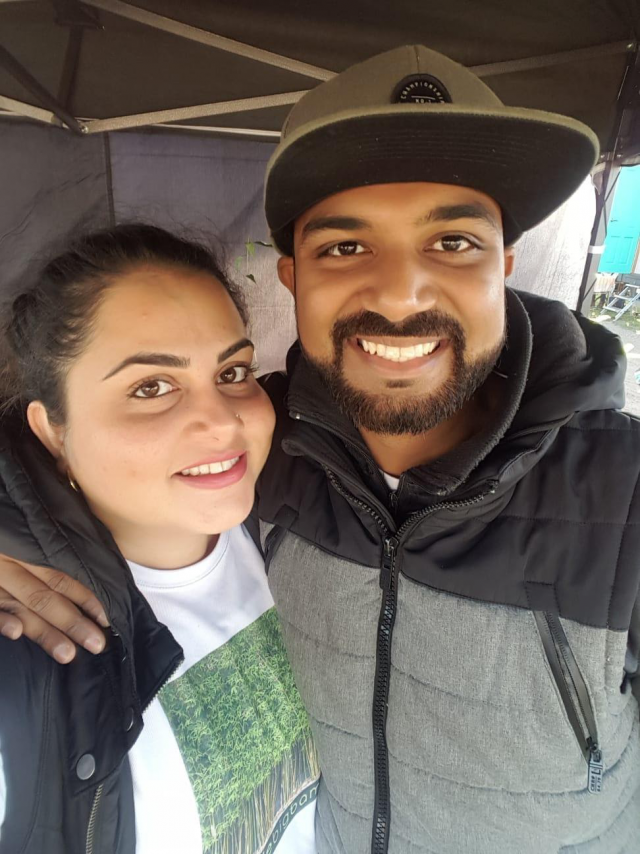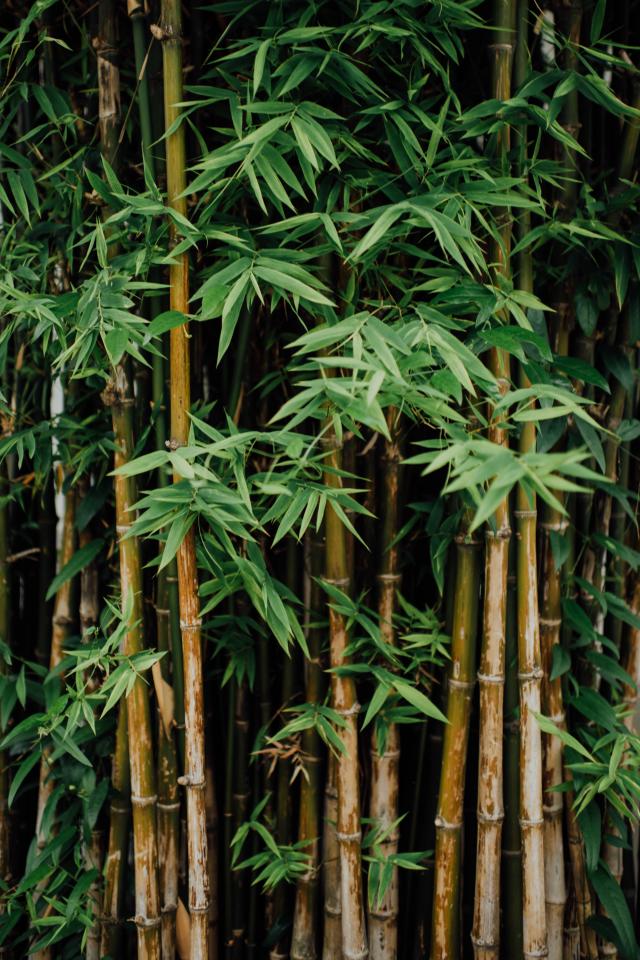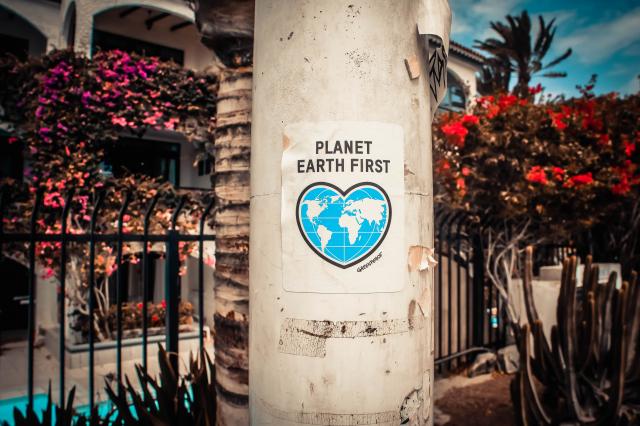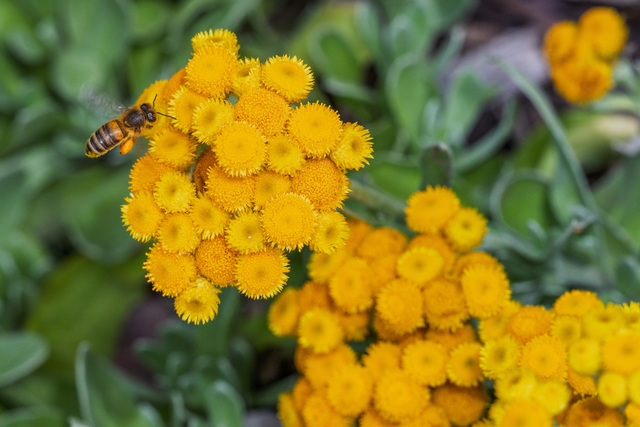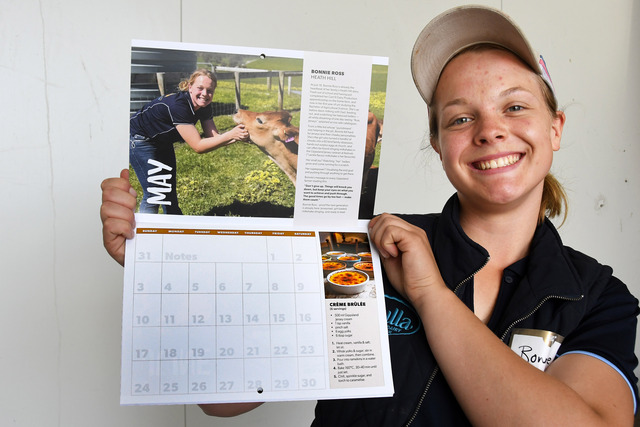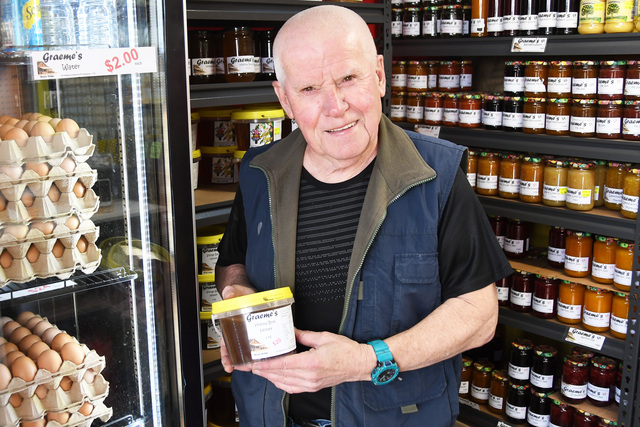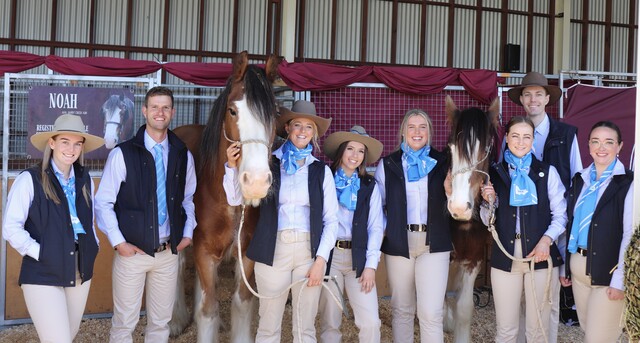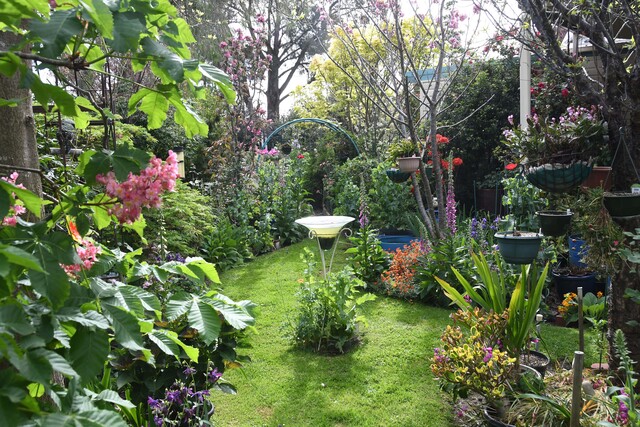Lyndhurst locals Neesh and Amanda are saving the world one bamboo plant at a time.
The Little Big Bamboo is a sustainable bamboo based store, with a “passion to make Earth-saving, compostable, zero-waste products”.
After starting 10 years ago with an idea to sell non-invasive bamboo plants, primarily for garden screening purposes, The Little Big Bamboo has grown into a business dedicated to plastic elimination.
“We were at this moment in time where [we decided] we’re going to do something about elimination of plastics,” Neesh said.
“We thought bamboo as a material is an environmentally friendly, soulful material that we can use.”
Plastic is one of the most invasive materials affecting our environment.
The United Nations Environment Programme (UNEP) is headlined by the saddening reality that ‘Our planet is choking on plastic’.
And the effects will stay with us as markers of who we are at this point in time.
“Plastics, including microplastics are now ubiquitous in our natural environment,” the UNEP reports.
“They are becoming part of the Earth’s fossil record and a marker of the Anthropocene, our current geological era.
“They have even given their name to a new marine microbial habitat called the ‘plastisphere’.”
With 400 million tonnes of plastic waste being produced every year, and up to 199 million tonnes of that winding up in our oceans, it’s clear that some big changes need to be made.
Especially since 80 per cent of what we recycle is rejected at landfill.
Households are responsible for 47 per cent of plastic waste in Australia.
Even more staggering is that only 9 per cent of plastic waste actually ends up getting recycled, according to 2018-2019 statistics.
And 84 per cent of plastic waste ends up in a landfill.
“Anything plastic basically cannot be recycled,” Neesh said.
“It’s a bit of marketing and greenwashing that’s been out there in the market for the last few years.”
Neesh and Amanda are offering their consumers a sustainable way to approach home living.
With products such as toilet paper, laundry detergent, sheets, straws, toothbrushes and underwear, all created using compostable bamboo, consumers now have the choice to work towards eliminating their share of plastic waste from our lands and oceans.
They also ensure the sustainability tracks from the products all the way back up to the manufacturers.
Moreover, all of their products are shipped in 100 per cent compostable packaging.
“If you’re sending 100,000 products every month, that’s 100,000 plastic mailers that would go out normally.
“And that would end up in the recycling bin, but can’t be recycled.”
While it’s a cost to the business, Neesh said there are a lot of environmental benefits to using compostable mailers.
The business was a finalist for the Casey Business Award for Sustainability in 2022, and has been recognised by Cassandra Fernando MP, who sat down with Neesh last month.
“We need to start thinking about the long-term impact of our choices on the environment,” Ms Fernando said.
“The Little Big Bamboo provides a sustainable alternative to single-use plastic and paper products, which have a devastating effect on our environment, oceans and wildlife.
“By supporting innovative and eco-friendly businesses, we can reduce our carbon footprint and protect our planet for future generations.
“As policymakers, it’s our duty to create an environment that encourages sustainable practices and supports those who make environmentally-friendly choices.
“By working together, we can create a more sustainable future for all.”

